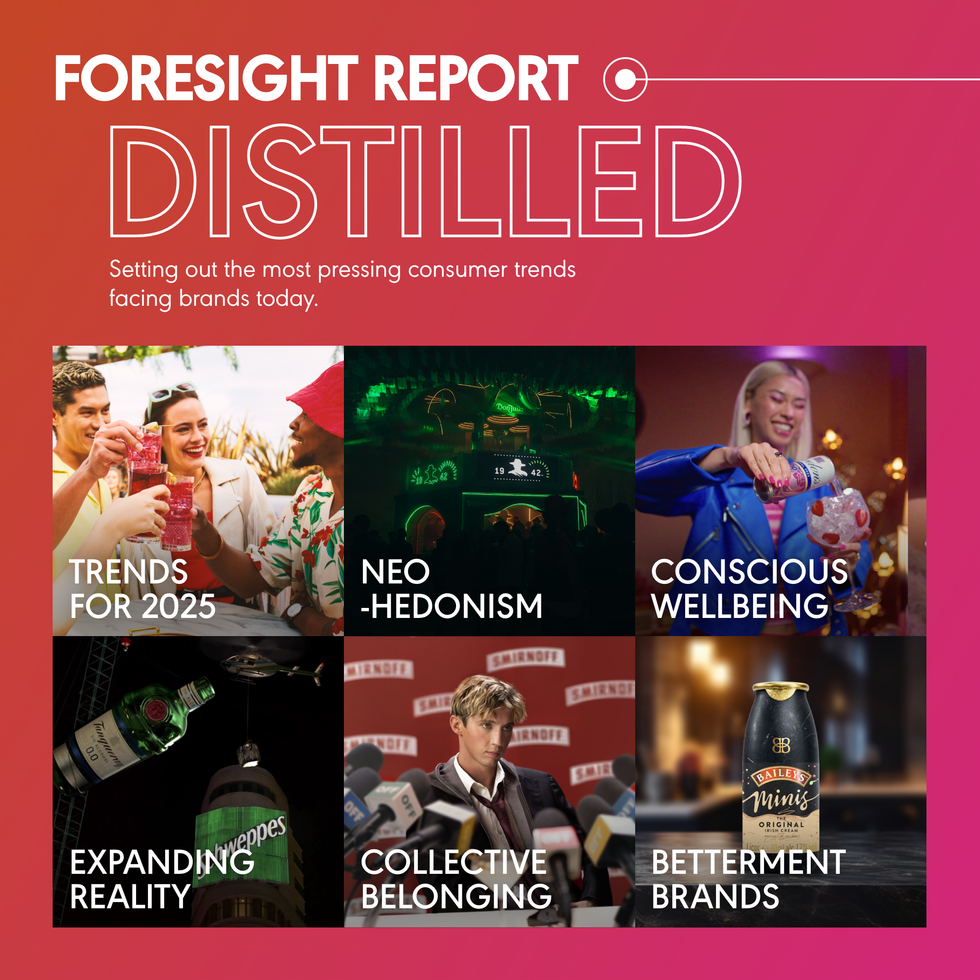There are numerous ways that a volatile exchange rate can hurt a business, from devaluing the dollar value of a firm that has assets denominated in foreign currencies, to impacting supply and competition.
What builds business confidence - and it is confidence that matters most - is certainty. A devalued dollar, whilst it isn’t ideal for many small firms in the US, is preferable to a highly volatile dollar. At least with certainty, strategies can be altered. SMEs can switch to domestic suppliers, and focus more on exporting their now-cheaper product or service.
The damage volatility can do to businesses is evident during the 4-year lead up to Brexit. Huge swings in GBP currency pairings were destroying business confidence, and many moved operations abroad to denominate their business with the Euro - a currency that much of the single market uses. The GBP is strengthening again now, not because of Brexit, but because we know what Brexit is now, and we know it’s happening. It was the uncertainty, not the reality that crashed the Pound.
It’s even worse today than 10 years ago too, given that SMEs are increasingly globalized. Paying overseas freelancers in a foreign currency, for example, is much more common today than 10 years ago. Many SMEs rely on the competitive wages of foreign freelancers - wages that suddenly become highly uncompetitive when your domestic currency is tanking.
How SMEs are combating volatility
One of the best ways to combat volatility and to bring about certainty is to use hedging products. A foreign currency forward is one of the most basic and common forms of currency hedging. A forward contract is an agreement to buy a certain amount of currency on a given date in the future, but at a pre-agreed price.
So, if 1 GBP gets your 1.39 USD today, you may be able to lock in a purchase of $5,000 in a month’s time at the 1.39 exchange rate (or likely slightly less, perhaps 1.38, as the broker needs a profitable margin).
This deal of buying $5,000 must go through on the specific date no matter what, unless you sell your forward contract to someone else, of course. This is a huge relief for businesses who no longer have the stress of paying a remote worker or supplier an extortionate amount of dollars in case the GBP devalues or USD appreciates quickly.
This also has the benefit of more accurate cash flow forecasting, something that’s vital for SMEs to stay on top of their finances to ensure liabilities can be met. Volatility can cause huge discrepancies and inaccuracies in cash flow forecasting, as a 5% currency swing may be enough to turn a cash positive firm into a cash negative one in a matter of days.
Buying a currency forward
Currency forwards were once an inaccessible, scary financial product that was being used by large banks and MNCs. Today, it’s a matter of any individual - not even a business - signing up to a money transfer app and pressing a couple of buttons.
It’s become so easy, in fact, that it's increasingly common for expats and remote workers to use forwards themselves. It’s also more automated than ever, so there’s no need to have a long conversation on the phone with a broker, it’s more akin to transferring funds when using online banking.
However, some SMEs would welcome the human interaction of a dedicated dealer. Many money transfer companies do have a dedicated dealer who can assist with the transfer and offer advice. This can help greatly, as they may bring new information into light, such as a way to avoid the transfer altogether, or perhaps waiting for a more preferable situation or larger value transfer.
I don’t like the commitment of a forward contract - what are my options?
Options you have indeed! There is a hedging product called an Option contract, which is very similar to a currency forward but it includes an option to not execute the currency purchase. Of course, you will have incurred a fee for such a luxury (otherwise this would be the most risk-free casino game in history), but nevertheless, the $5,000 purchase can be canceled.
This is important for firms who aren’t guaranteed to need to transfer, perhaps because their freelancers are working ad hoc and may complete a project sooner than they believe. It may also be used by people who want to hedge for a long time horizon - as the longer time goes on, the less likely your value amount is accurate regarding the currency purchase.
Of course, the longer the time horizon, the more chance a currency has swung far the other way too - in your favor. Why execute the Option if you can now buy a spot contract for an even better deal?!
This brings even more peace of mind to business owners who feel as though Forward contracts are bringing them the risk of paying well over the odds for a currency and losing out on preferable swings.
Final Word
Fx forward contracts, along with options, are a great way to bring more certainty to a firm’s finances. This is particularly relevant given the upcoming volatility that’s forecasted, and a USD that was continually weakening.
There are other hedging products too that may be more appropriate. This is perhaps the biggest benefit of a (free) dedicated dealer that many FX firms offer - they can understand your needs and advise accordingly. Not just your needs, but your tolerance to risk and mentality too.














![Karnail Singh Sandhar: Legacy of resilience, courage and vision [Exclusive]](https://www.asiantrader.biz/media-library/late-karnail-singh-sandhar-founder-of-uk-s-first-biggest-asian-focused-cash-and-carry-as-well-as-warwickshire-s-first-asian-ori.jpg?id=55350177&width=600&height=702)






